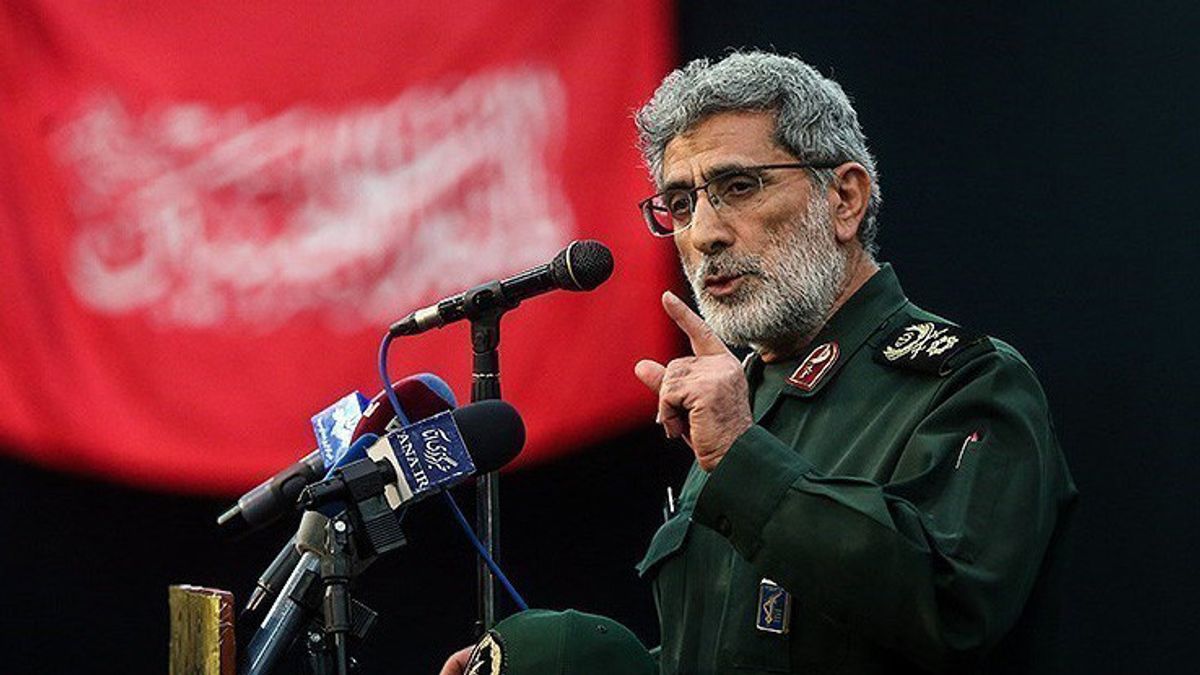CANADA NEWS – In a recent statement, the deputy commander of Iran’s Quds Force assured the public that Major General Esmail Qaani, the leader of the elite unit, is in good health. This announcement comes amid heightened tensions in the region, with ongoing conflicts involving Iranian-backed groups in various countries. The health of military leaders often draws significant attention, especially in the context of their strategic roles in Iran’s foreign policy and military operations.
Major General Qaani has been at the helm of the Quds Force since the assassination of Qassem Soleimani in January 2020. Under his leadership, the Quds Force has continued to exert influence in regional conflicts, supporting allied factions in Iraq, Syria, Lebanon, and Yemen. The announcement of his well-being is seen as crucial for maintaining morale among troops and allies, particularly as Iran navigates a complex geopolitical landscape characterized by adversarial relations with the United States and its regional allies.
The Iranian government has faced a multitude of challenges, both domestically and internationally. The ongoing economic sanctions imposed by the U.S. have severely impacted the Iranian economy, leading to rising inflation and public discontent. In this context, the health of military leaders is often viewed through the lens of national stability, as their ability to command effectively is linked to the regime’s resilience against internal and external pressures.
Reports of Qaani’s health come at a time when Iranian officials have been vocal about their commitment to supporting their allies against perceived threats. This includes bolstering the capabilities of militia groups in Iraq and Syria, which have been involved in various confrontations with U.S. forces and their allies. The Quds Force’s strategic initiatives in these regions have raised concerns about Iran’s expanding influence, prompting calls from Western nations for a reassessment of their engagement strategies in the Middle East.
Furthermore, Qaani’s health status is pivotal as Iran continues to develop its military capabilities, including advancements in missile technology and drone warfare. The Iranian leadership has emphasized the need for a robust defense posture, particularly in light of recent military exercises showcasing Iran’s capabilities. Observers suggest that a stable leadership within the Quds Force is essential for the continuity of these military strategies, particularly as Iran faces pressure from both its rivals and domestic challenges.
In the wake of this announcement, analysts are closely monitoring the regional implications of Qaani’s health and the Quds Force’s operational capacity. With ongoing conflicts and the threat of escalation in places like Gaza and Lebanon, the ability of Iran’s military leadership to coordinate effectively will play a critical role in shaping the security dynamics of the region.
As the situation evolves, the international community remains vigilant, watching for any signs of changes in Iran’s military posture or shifts in its strategic alliances. The Quds Force, under Qaani’s command, is a significant player in Iran’s efforts to project power and influence, making the health and leadership of its commander a matter of strategic interest.
